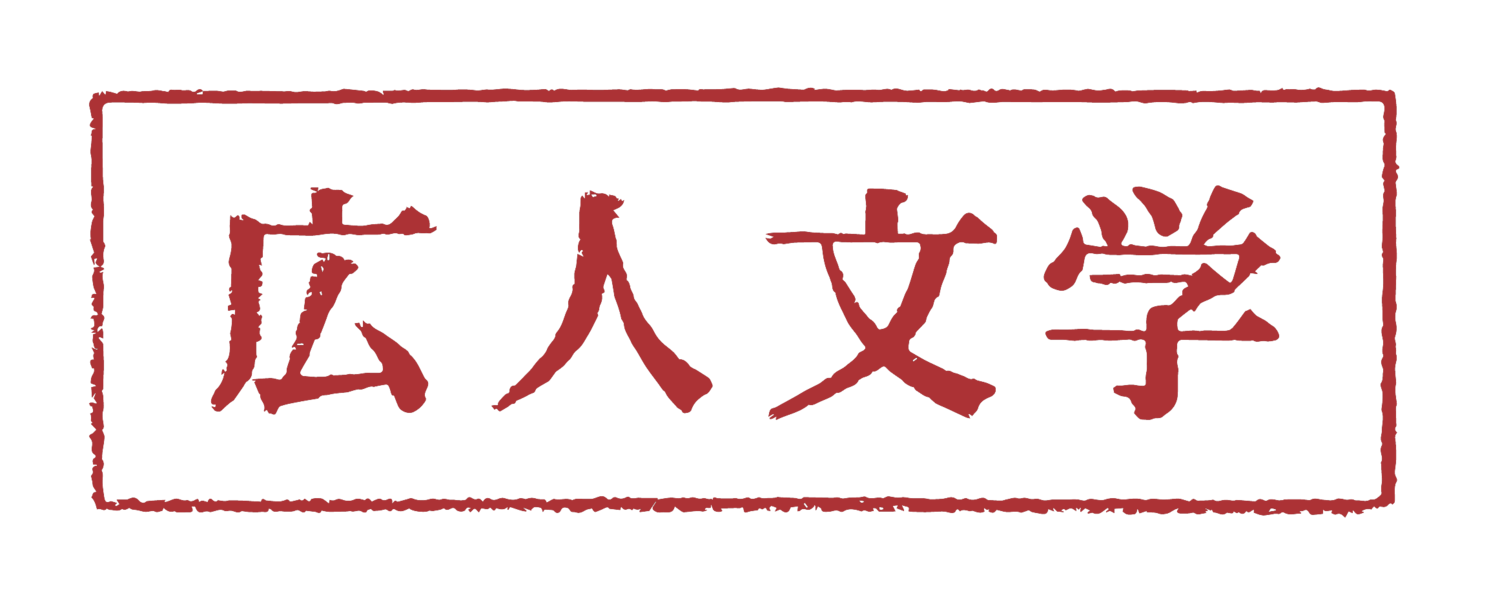Rice-fields below Mt. Keya near Chikuzen-Maebaru
MA and PhD candidates study with specialists in Japanese history, art history and visual culture, literature, premodern languages, religion, geography, and other facets of the humanities. Students enroll in rigorous seminars on general and specialist topics—many of which incorporate study at cultural and historical sites within Japan.
The IMAP and IDOC in Japanese Humanities are characterized by close supervision and small seminars customized to meet the long-term academic goals of each student. Seminars taught by primary faculty generally emphasize premodern Japan and its relationship to East Asia; these are supplemented by courses offered by affiliated and guest faculty in topics ranging from Japanese film to archaeology. There are also courses in field-specific methodologies, research methods, and premodern languages (kobun and kanbun).
All IMAP and IDOC students are required to write a thesis in English under the guidance of primary and secondary academic advisors. Depending on their Japanese-language proficiency, MA candidates may select additional courses from the Graduate School of Humanities or other graduate schools within the university; PhD candidates are required to enroll in graduate courses taught in Japanese.
IMAP core curriculum (more details can be found in the Brochure under Apply):
Research, Readings, and Methods (1st year): a required course that provides students with a core skill set for research in Japanese humanities.
Master’s Thesis Guidance (2nd year): this course supports the thesis writing process in a collaborative environment.
Survey courses in Japanese history, arts and visual culture, literature, and religion. Three of the four are required in order to graduate.
Elective “Topics” courses (below)
Topics in Japanese Art and Architectural History: These courses cover a variety of topics such as specific periods, genres, or themes in Japanese art and architecture. Recently offered titles include “Making Sense: Iconography, Facture, and Materiality,” “Drama, Sex, and Poetry: Japanese Woodblock Prints,” “Artistic Production in the Momoyama Period,” “Meiji Culture: Art, City, and Space,” “Art and Space in Modern Japan,” and the reading group “Theories and Methods in Art History.”
Topics in Japanese History: These courses provide an in-depth examination of specific aspects of premodern Japanese history. While the main focus is on developments within the Japanese archipelago, the courses also occasionally touch on relevant developments in China and on the Korean peninsula. Topics vary from semester to semester and have included “Cultural Change in Prehistoric Japan,” “State and Authority in Ancient Japan,” as well as “History and Classroom Technology.”
Topics in Japanese Humanities: These courses vary annually and are generally taught by visiting specialists from institutions in Japan or abroad.
Topics in Japanese Literature: These courses explore major narrative genres, forms, and works of Japanese literature, broadly defined. Courses that cover the fundamentals of reading Chinese-style Japanese (kanbun) and classical Japanese (bungo) are regularly offered. The topics of thematic courses are customarily based on students’ research interests.
Topics in Religious Practices and Beliefs: These courses center on themes such as pilgrimage, sacred space, popular religion, narrative, gender, and ecology as well textual studies. Recent offerings include “Vernacular Figures in Japanese Religions,” “Translating Japanese Buddhist Texts,” and “Japanese Folklore: Monsters and Methods.”
Topics in Text and Material Culture: These courses aim to familiarize students with the source materials available for the study of ancient Japan, including documents, inscriptions, architecture, landscapes, pottery and other archaeological finds. Themes will vary on each occasion according to the needs of the course participants.
Other
The IMAP program offers courses in English other than those listed above each year, including intensive courses during or outside the regular terms by specialists from institutions in Japan or abroad. Additionally, affiliated faculty in the Faculty of Humanities admit qualified IMAP students to the following occasionally scheduled courses in English: Japanese Archaeology, Geography of Kyushu, The Ryukyuan Languages: An Introduction, Phonetics and Phonology of Japanese, and History of Islamic Civilization.
Students with advanced Japanese language skills may enroll in courses relevant to their research or interests offered by departments and programs outside the IMAP in Japanese Humanities (including those offered by other graduate schools); however, approval by both the advisor and instructor is necessary in order to fulfill an elective credit requirement.








